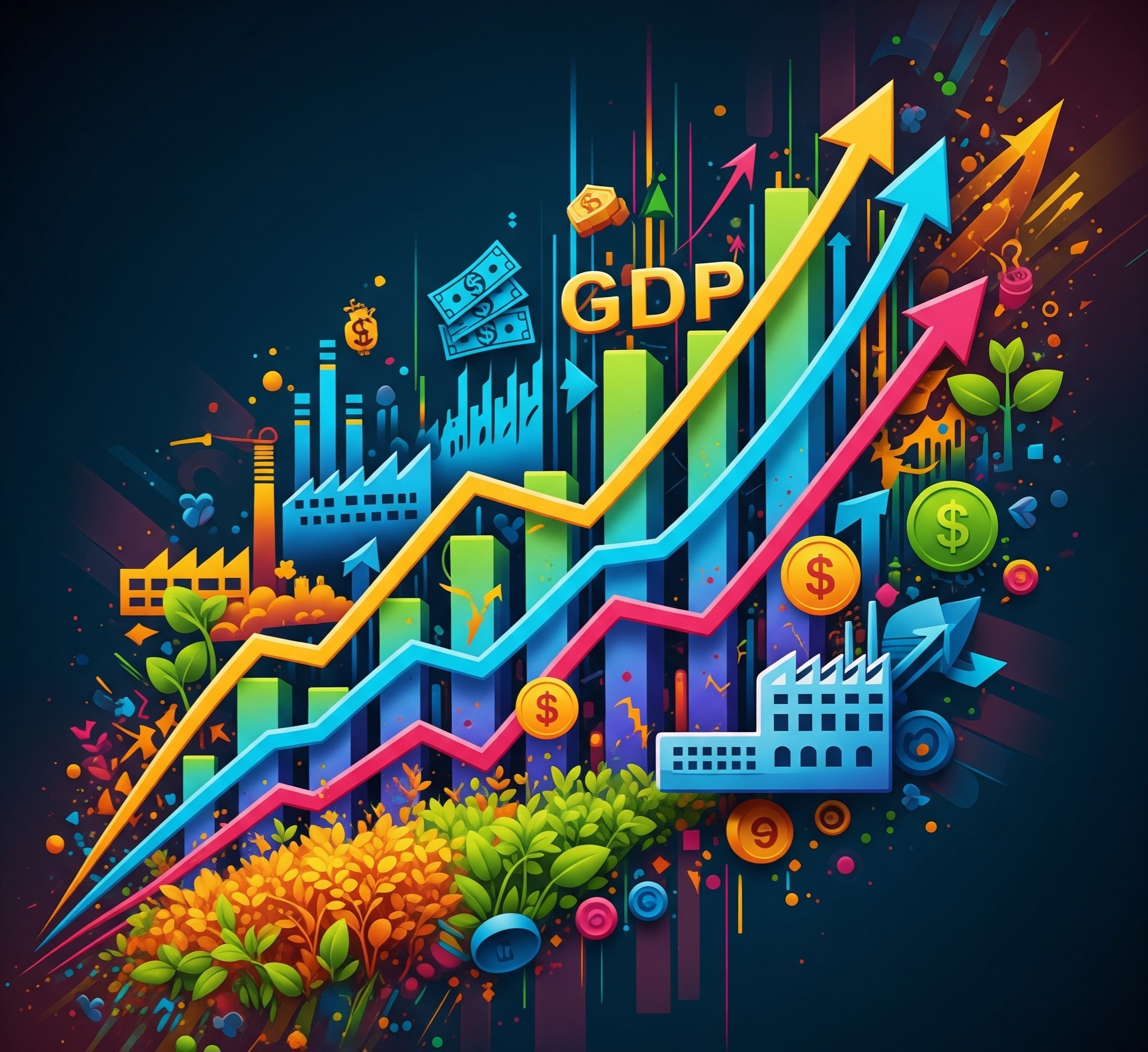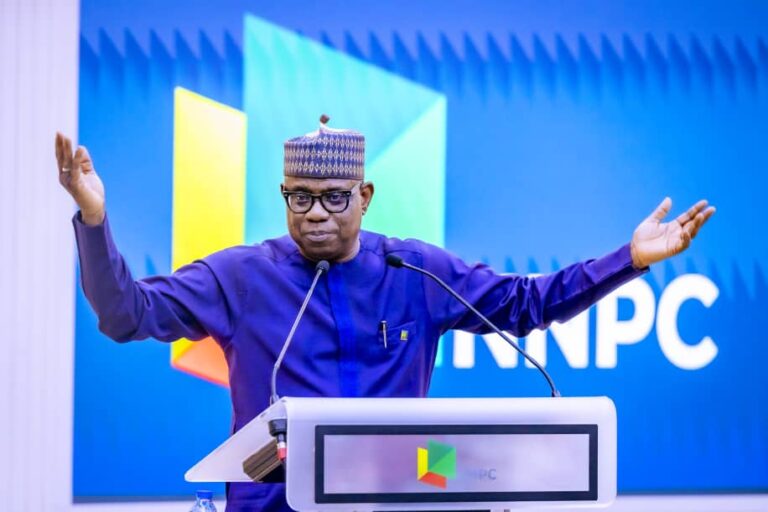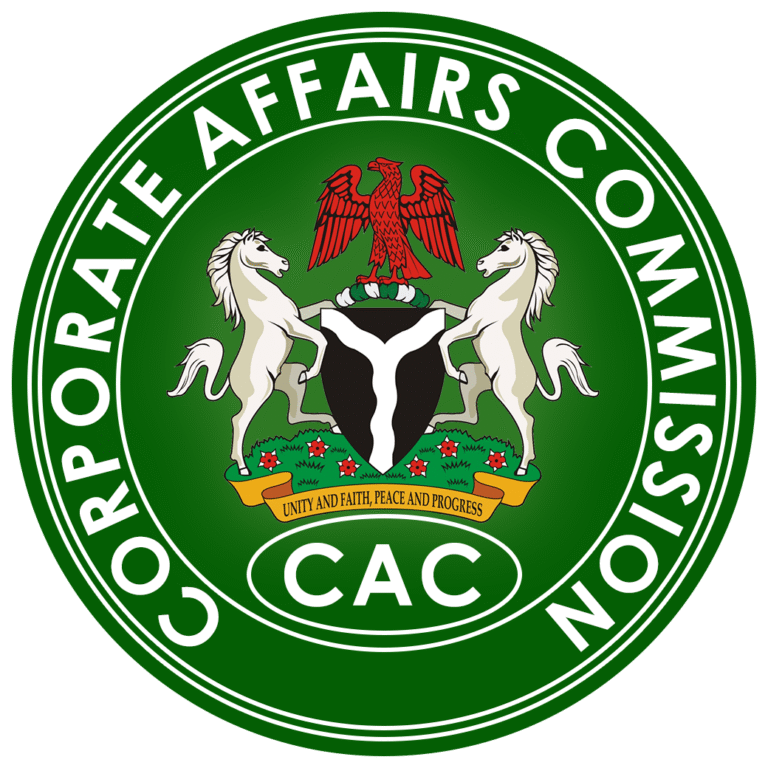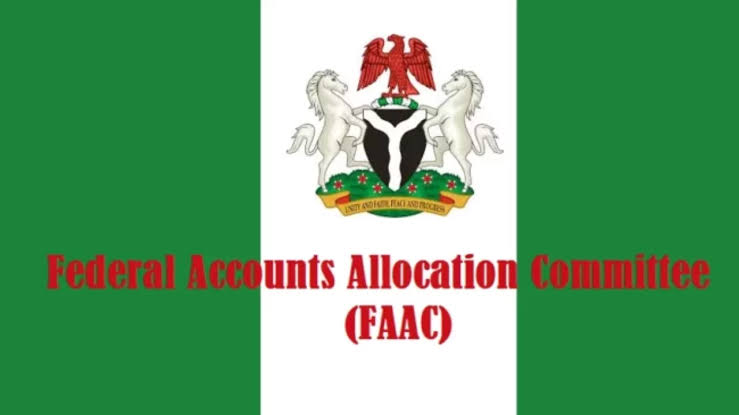Nigeria’s economy is showing renewed strength, growing by 3.13% year-on-year in real terms during the first quarter of 2025. This is a solid improvement over the 2.27% growth recorded in the same period of 2024, according to fresh data released by the National Bureau of Statistics (NBS).
The NBS report attributes the improved performance to increased activity in the services and industry sectors—two pillars that have continued to drive Nigeria’s recovery and resilience.
In a related announcement, the Statistician General of the Federation, Adeyemi Adeniran, confirmed that Nigeria has completed a major rebasing of its Gross Domestic Product (GDP), updating the base year from 2010 to 2019. Under the new framework, the size of Nigeria’s economy in 2019 has been recalculated to ₦205.09 trillion—a significant 41.7% jump from previous estimates.
Adeniran explained that the rebasing exercise, which covers 2019 to 2023, provides a more accurate reflection of current economic realities, especially in fast-growing and previously underreported sectors like real estate and the informal economy.
Key Figures and Insights from the Report:
Nominal GDP (Current Prices):
2019: ₦205.09 trillion
2020: ₦213.64 trillion
2021: ₦243.30 trillion
2022: ₦274.23 trillion
2023: ₦314.02 trillion
2024: ₦372.82 trillion (approx. $243 billion)
Real GDP Growth Rates:
2020: -6.96%
2021: 0.95%
2022: 4.32%
2023: 3.04%
2024: 3.38%
Top Performing Sectors (based on 2019 base year):
Crop Production: 17.58%
Trade: 17.42%
Real Estate: 10.78%
Telecommunications: 6.78%
Crude Petroleum and Natural Gas: 5.85%
Notably, real estate has overtaken crude oil and gas in terms of contribution to GDP, thanks to improved data coverage of informal property activities.
Sectoral Contributions in 2019:
Services: 53.09%
Agriculture: 25.83%
Industry: 21.08%
Informal Sector Impact:
The contribution of the informal sector to GDP in 2019 was ₦86.85 trillion, accounting for 42.5% of the economy. This marks a sharp rise from ₦39 trillion in 2015, reflecting expanded tracking and documentation.
This new GDP structure paints a clearer and more optimistic picture of Nigeria’s economic landscape, with implications for investment planning, policy formulation, and fiscal strategy across all tiers of government.




